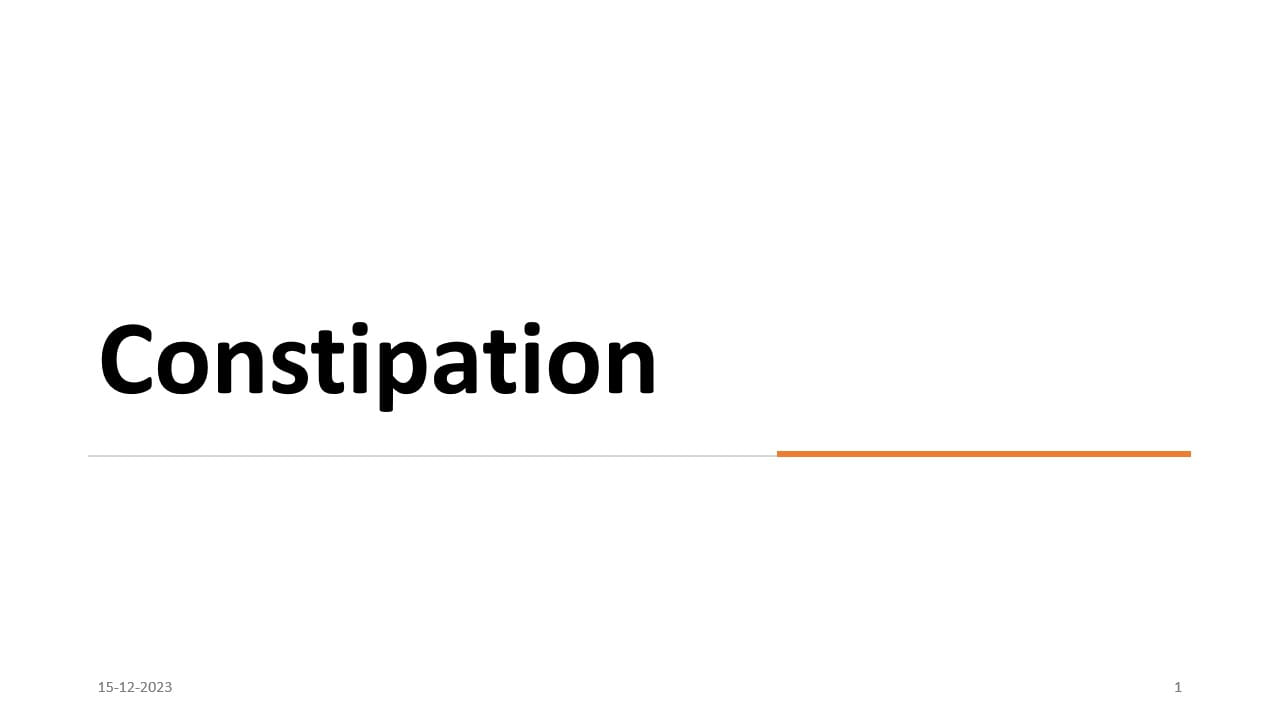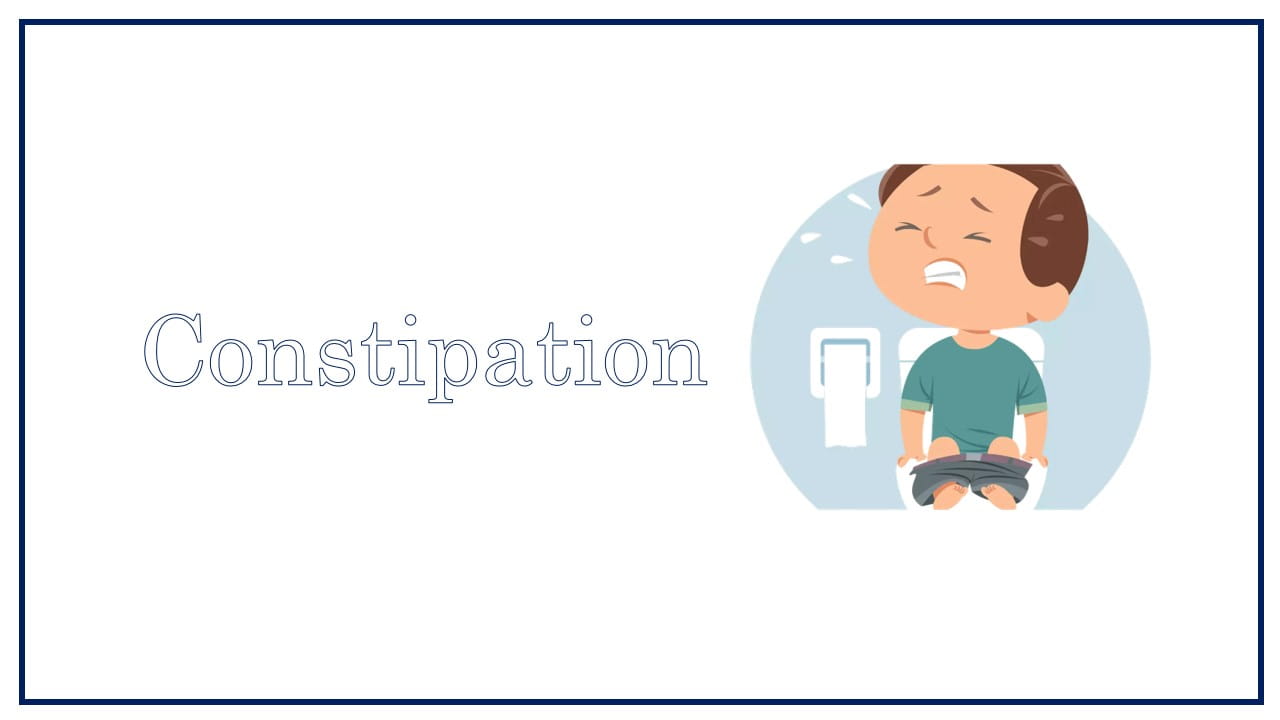Introduction:
The risk of herpes zoster (HZ) has been reported to increase in patients with ulcerative colitis (UC) treated with both anti-TNF agents and Janus kinase inhibitors (JAKi). However, direct comparative data between these therapies have been limited. Therefore, the relative risk of HZ was assessed in UC patients receiving tofacitinib compared to those treated with anti-TNF agents.
Methods:
A retrospective cohort analysis was performed using data from the Optum Clinformatics® Data Mart Database between June 2018 and March 2022. Adult UC patients were included based on diagnostic coding and treatment initiation with either tofacitinib or anti-TNF therapy. Patients were followed until disenrollment, study end, treatment discontinuation (a gap >12 weeks of therapy), or if patients on tofacitinib start upadacitinib or when anti-TNF patients initiate tofacitinib. Incidence rates were compared using Poisson regression, and Cox proportional hazards modeling was applied to assess HZ risk over time.
Results:
|
Outcome |
Anti-TNF |
Tofacitinib |
|
Number of patients |
1,710 |
458 |
|
HZ cases (n, %) |
22 (1.3%) |
15 (3.3%) |
|
HZ incidence per 1,000 PY |
12.99 (8.56–19.73) |
30.69 (18.5–50.91) |
|
Incidence rate ratio |
— |
2.36 (1.23–4.55) |
|
Cumulative HZ at year 3 (%) |
3.8% |
9.9% (p = 0.014) |
|
Multivariable Cox HR for HZ |
-- |
2.28 (1.17–4.43) |
Additional predictors of increased HZ risk included younger age (<40 years) (HR 1.15) and higher Charlson comorbidity index (HR 1.28).
Conclusion:
A significantly higher incidence of herpes zoster was observed in UC patients treated with tofacitinib compared to those on anti-TNF agents. These findings suggest the importance of recommending recombinant zoster vaccination for patients initiating tofacitinib to reduce HZ risk.
Digestive Disease Week 2025, May 3rd – 6th, San Diego




